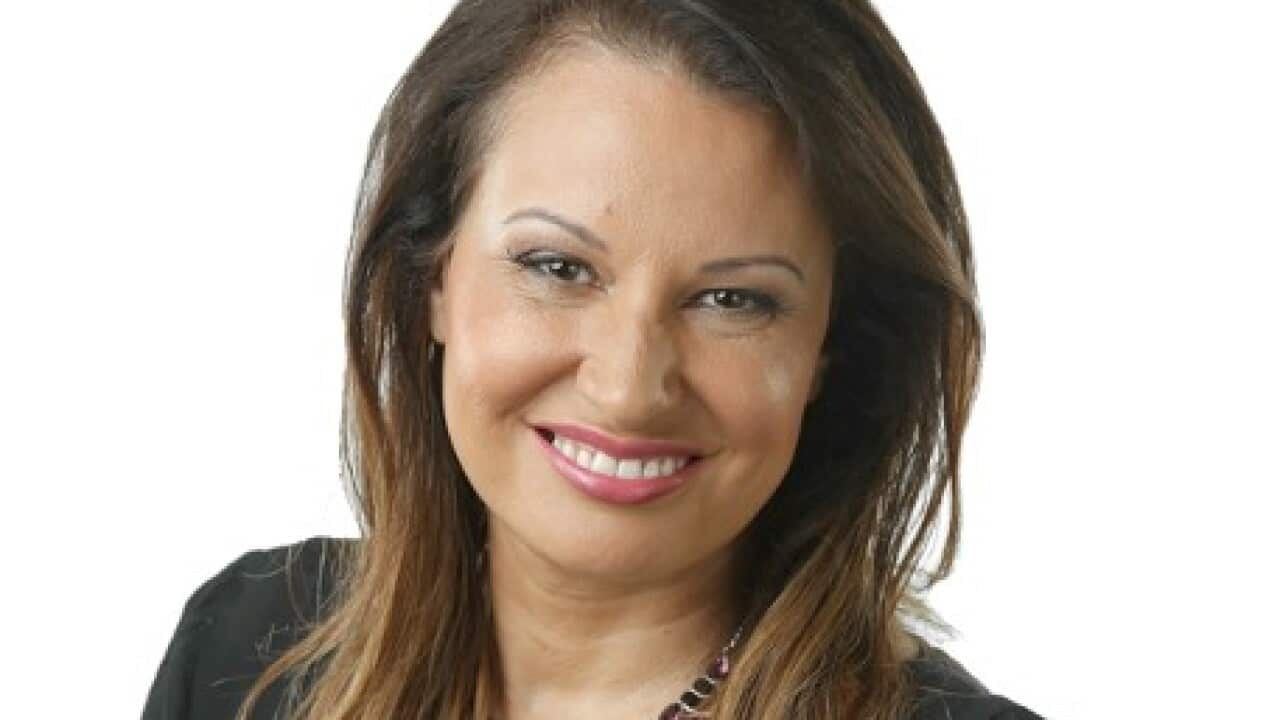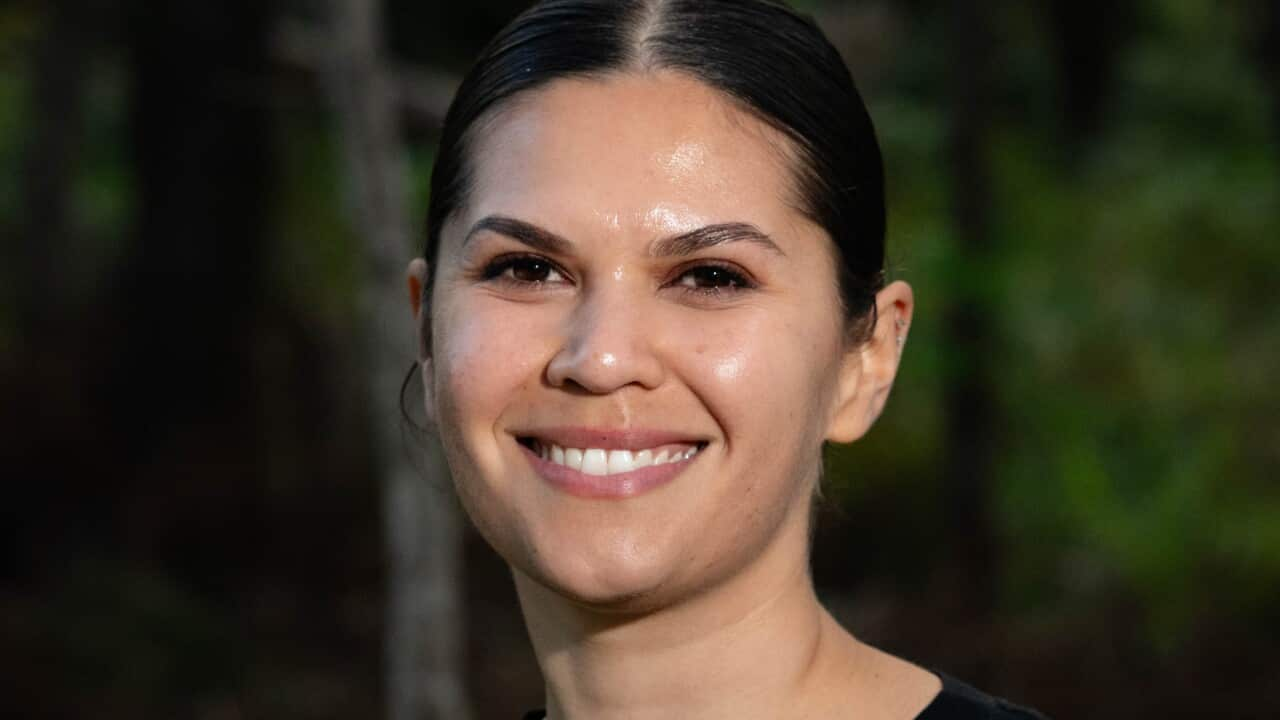Young people experience sexual violence at alarming rates, and a shared understanding of consent is an important part of addressing this. Engaging in conversations about consent with other adults, rather than solely focusing on young people is a key step toward creating that shared understanding.
Many adults are conflicted in their understanding of consent and often lack the confidence to define or discuss it.
Anita explains that sexual consent is about mutual respect and clear communication, ensuring that all parties involved agree without pressure, at every single stage.
To me, personally, sexual consent means that when it comes to getting it on, whether it's kisses or touching or anything more, that nothing happens unless everyone agrees to what's happening and everyone feels okay without any pressure, without any coercion.Anita Heiss
While most people believe that sexual consent is an important part of healthy relationships, it is still misunderstood by many. Consent is centred around respect and understanding that every individual has the right to make choices and decisions about their body, and to have those decisions acknowledged and honoured.
There are five key things to remember when it comes to consent:
- Consent must be free and voluntary
- It must be clear and informed
- Consent must be active and communicated
- It must be ongoing and mutual
- All parties must be able and capable of giving consent
By reinforcing these key ideas, the consent campaign aims to help people understand that consent is not a one time conversation but an ongoing process.
Consent is a set of skills anyone can learn to have healthy, respectful relationships for life. As Anita explains these skills include empathy, communication, setting and respecting boundaries, reaching consent, withdrawing consent and dealing with rejection.
“Just as importantly, we need to have the skills in how to deal with rejection, because that can often lead to an unpleasant situation if we don't deal with rejection well.”
Anita stresses the importance of checking consent every single time, even in long-term relationships
That is the right that every individual has. It doesn't matter if you're just getting together for the first time, or you've been going out for a while, or have been in a relationship for ages. It's about respect and understanding, and it's not okay to presume or assume.Anita Heiss
One of the challenges that Anita highlights is that yarns about sexual consentaren’t common in many First Nations communities. “I think it's really important for mob in community to yarn about sexual consent specifically, because for many of our mob, consent is not necessarily something that we talk about much, if at all. We are good at yarning about the big issues when it really matters. I think that's what we as mob do really well when issues are important. And when it comes to sexual consent, it's important that we do yarn about it so that we can all learn together, help each other and, in time, help our young people understand it too.”
Dr Anita Heiss encourages adults to start these conversations with those they trust, whether it’s family members, friends or community elders. Anita points out the conversations should be approached with openness, honesty, and a willingness to learn together“It can be very awkward for some people and uncomfortable. But like most challenging topics, it will get better over time, provided that everyone is open to listening and being respectful. In our culture, Yindyamarra, meaning respect, is the key to anything.”
When asked how to yarn about consent, Anita suggests starting small and being mindful.
“It's totally okay not to have all the answers or have all the knowledge about sexual consent, but we all need to agree that it's important and valuable to learn about it. I think it's really important to start by having very open and honest conversations with the people that you trust and feel safe. Having these conversations with other adults who like you want to learn more about sexual consent and won't make you feel shame or gammon when you try to engage in the conversation.”
She further explains that these yarns aren’t just one-off conversations but should be ongoing. “We are good at having yarns. And when it comes to sexual consent, it's important that we do yarn about it so that we can all learn together, help each other and, in time, help our young people understand it too. It's the kind of yarn that you start out having with people in your close circle, people you trust, people you feel safe with. Maybe it's your Tiddas, your aunties. Maybe it's your mates.”
Dr Anita Heiss encourages everyone to start conversations about consent with the people around them, shifting the focus from individual responsibility to something we as a community all take responsibility for. Through conversations, education and respect we can create a safer environment for all.
"Keep in mind the reason why you are yarning about sexual consent in the first place, because we want and we need to better understand sexual consent, what it is and why it's important, so that in turn, we can then talk about it with our young ones and help them grow in their ability to have healthy, strong and respectful relationships.”
For those unsure of where to begin Anita recommends using culturally safe resources, such as the First Nations Consent Can’t Wait conversation guide, to help navigate the topic.
These are dedicated, easy to understand resources for Aboriginal and Torres Strait Islander adults and parents and caregivers designed to help you get comfortable and confident with sexual consent before going on to yarn with kids and young people about it.Anita Heiss
It’s important that yarns about sexual consent are had with care, respect, and sensitivity to the trauma many individuals may carry.
Respectful, informed conversations can be a pathway toward healing and empowerment for mob, ensuring future generations are equipped with the knowledge and skills they need for healthy relationships. With the right tools, support, and a willingness to learn together, we can create safer spaces to have these essential yarns.
Support Services
Yarning about sexual consent and sexual violence can be hard for some people. If this conversation has raised any concerns or distress for you, there are dedicated support services available to help:
- 1800RESPECT - A national helpline for sexual assault, domestic violence and abuse. Available 24/7 for free and confidential support. Call 1800 737 732 or visit
- 13Yarn (13 92 76) - A national crisis support line for mob who are feeling overwhelmed or having difficulty coping. 24 hours, 7 days a week or visit
You can check your understanding of consent and watch Anita’s ambassador video at consent.gov.au/first-nations-resources hub
In partnership with the Australian Government.













